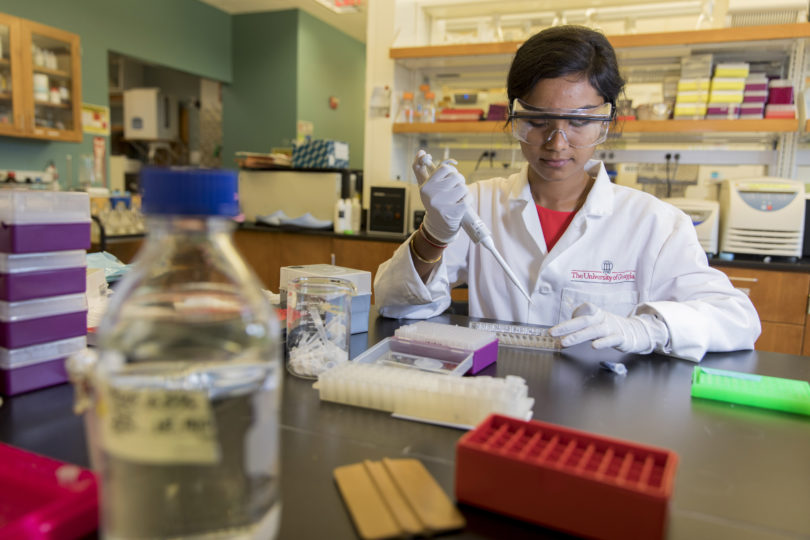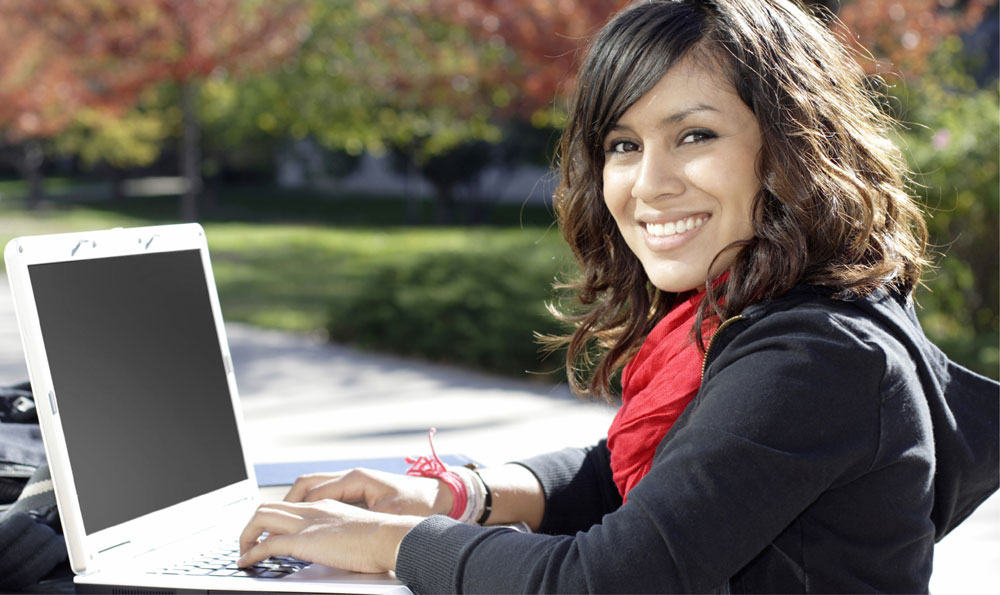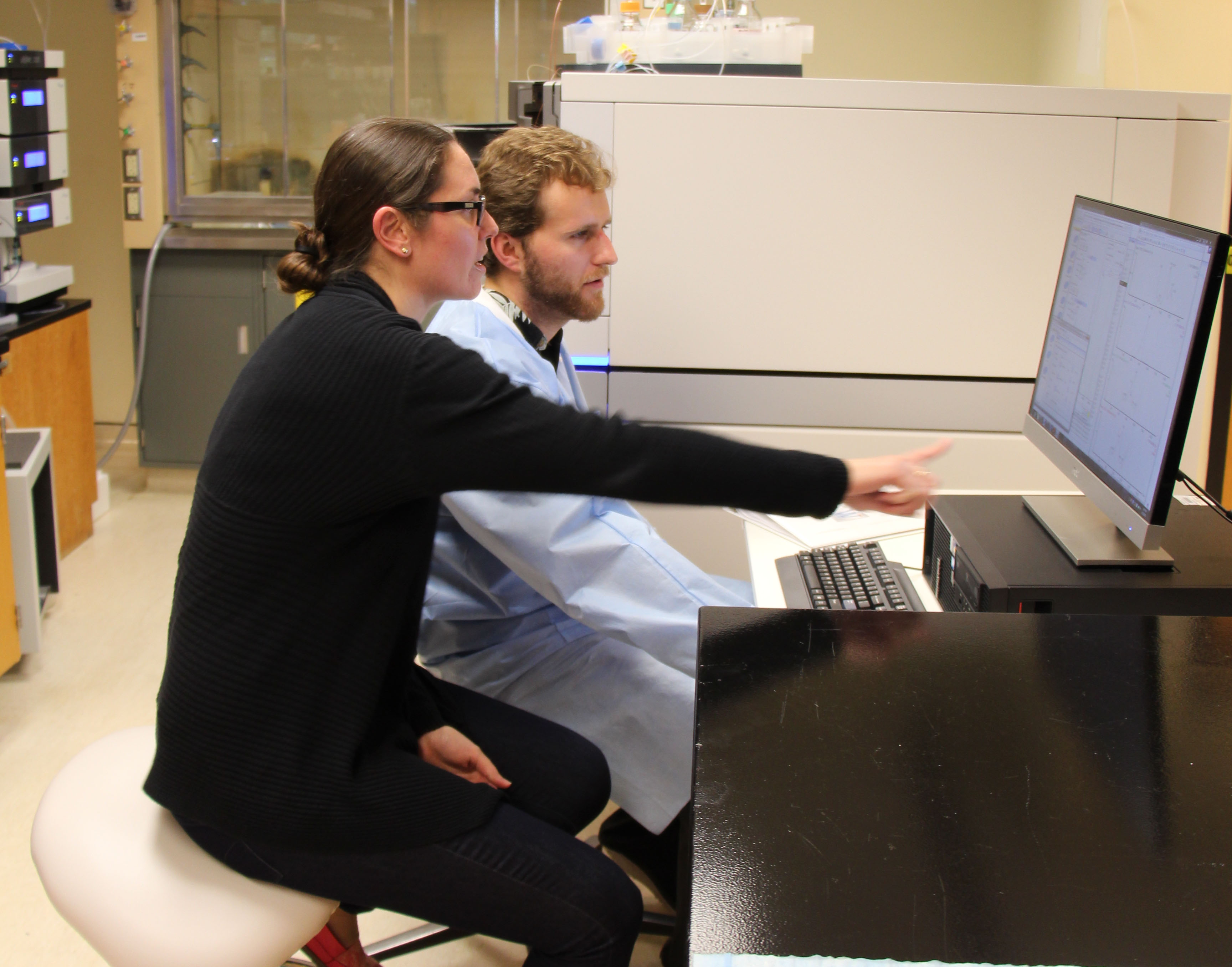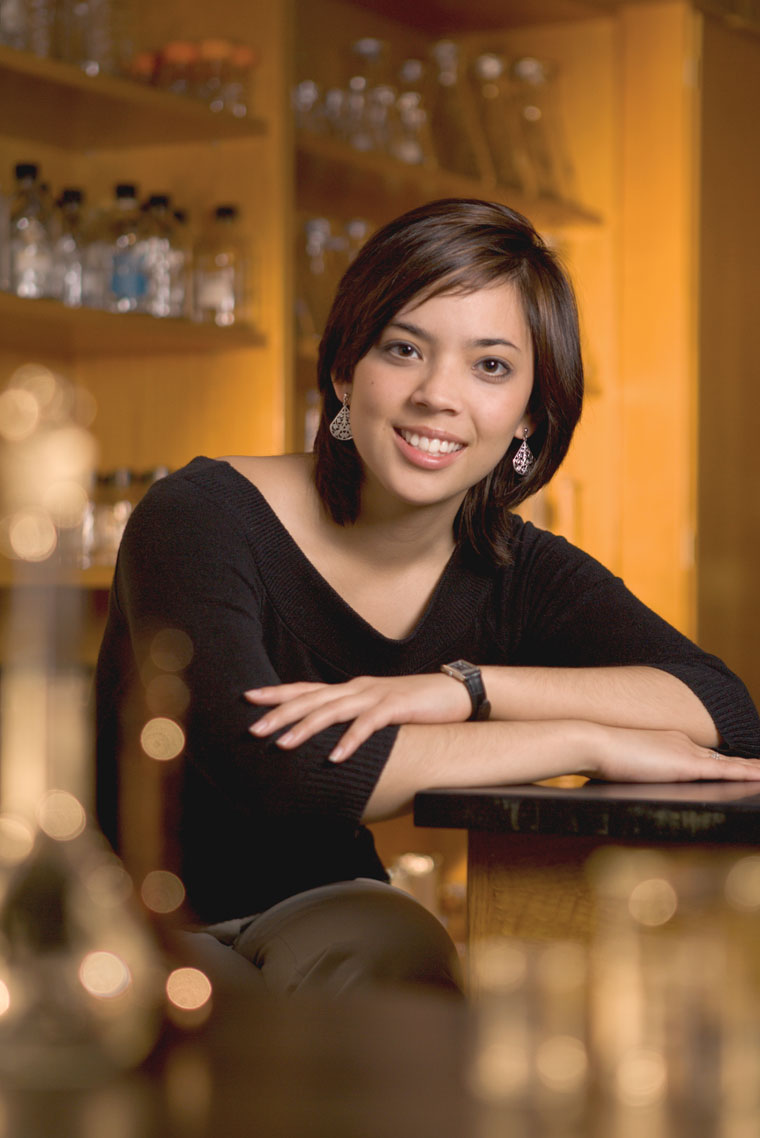Undgergraduate Students


The labs in CTEGD welcome undergraduate students to conduct research. An intensive laboratory experience is of great benefit to undergraduate students. Students who participate in independent research are more competitive when applying for jobs, graduate school, and medical school. In a CTEGD lab, students will gain hands on experience in basic science research that has public health implications.
Undergraduate research positions are highly sought after because of the benefits to the student’s future endeavors. The following considerations may give you a better opportunity to get a spot.
Decide on a Lab

Due to the interdisciplinary nature of the Center, our faculty provide a wide range of approaches and research topics that an undergraduate can participate in. Students interested in joining a Center lab should view the faculty directory to read about the interests of our faculty and current projects being conducted in the labs.
After the student determines whose research most matches their goals and interest, they should contact the professor via email. The email can be a brief introduction and ask for an appointment to further discuss research opportunities. Most professors wish to see a resume and a list of courses taken, which can be included in the introductory email.
Note: Introductory and some advance biological courses are required and, therefore, most labs do not accept first year students.
Meet with the Professor

Students should approach the introductory meeting with the professor as a job interview. If you have not already provided a resume and list of courses, bring a copy with you. Be prepared to answer questions similar to the following,
- What are your career goals?
- Why does the lab’s research interest you?
- What is your availability?
- Most faculty members prefer students that can spend at least two semesters in the lab
- Unlike the lab courses you have taken, independent research in a lab requires considerably more of a time commitment. Many students find themselves spending 10 – 20 hours per week working in the lab.
- While research can allow for flexibility to work around your class schedule, it does often require an extended period of time to be spent in the lab. Planning your class schedule to provide blocks of time in the laboratory is usually most productive.
Success in the Lab

Congratulations on joining a lab in CTEGD. Now that you have successfully navigated your way into a lab, you will want to continue that success. These tips should help you succeed.
- Understand the expectations
- Depending on the size of the lab, you may be working directly with the professor or you may be assigned a senior researcher. It will be important to discuss the goals of your project with your direct supervisor.
- Most faculty require a presentation of your research at an informal meeting of the entire laboratory staff.
- Are you participating in CURO? If so, there may be additional requirements.
- Be a member of the team
- Typically the project you are assigned is not specifically designed for you nor is it independent from the other research being conducted in the lab. Therefore, it is important to see yourself as a team member.
- Be responsible and dependable. Often projects are dependent on one another. A graduate student or other researcher in the lab may be waiting on your results in order to move forward with their project.
- Be organized. When you leave the lab, it is very likely another researcher will continue your project. Keeping detailed lab reports that are easily read will ensure the project continues smoothly.
